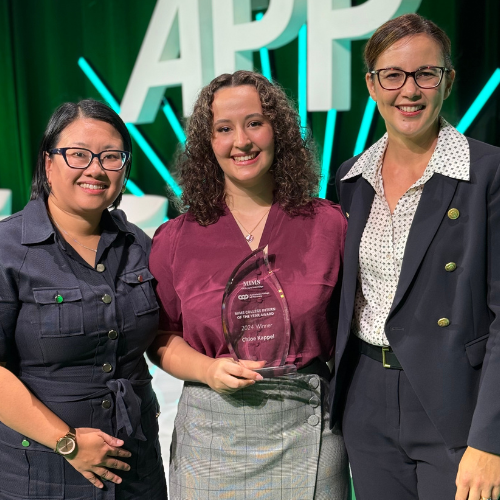All of us experience challenging situations and events in our lives. The impact on us depends on how we manage ourselves afterwards. It is normal to feel emotional when something goes wrong. It is important to acknowledge how we are feeling. We are human and we are vulnerable.
Most of us want to do the right thing and be accepted and approved of by those around us. The emotions we feel can, however, be used to motivate us to do something about the event. But we need to be careful not to act in haste while the emotions producing the fight, flight or freeze response from the amygdala are present. Rather, we need to soothe our emotions and respond with the cognitive frontal lobe part of our brain.
Often, the best way to do this is with some deep, slow breaths. Sometimes we need to step away and give ourselves time to think clearly, rather than doing something we will later regret. We can often turn a negative situation around by considering what we can learn from it. It is best to avoid being a victim and to consider what you can control and what you can do differently.
It can help to discuss setbacks and challenging events with a trusted person; this might be a friend, a colleague or a member of our family. The Pharmacists’ Support Service also provides a listening ear and support after a challenging situation in pharmacy. Others outside the situation can help us gain perspective and also they can sit with us to support us during what may be a painful time. We don’t need others to be directive or provide specific advice but rather to help us work through what happened and what we can do now. The pain of a difficult situation or challenging event may stay with us but it may motivate us to change ourselves or look at changing the ways things are done.
A dramatic example of this is the way pharmacist, Walter Mikac, influenced gun control legislation in Australia and launched the Alannah and Madeline Foundation, after his two young daughters and wife were murdered in the Port Arthur Massacre on 28 April 1996.
A less dramatic situation might be refusing the sale of an S3 product, like Rikodeine® due to suspected misuse. The first time you refuse you are not sure how to explain yourself, the customer is rude and threatening and tries to push past you to where it is located on the shelf behind the counter. You feel intimated and afraid and end up “just giving it to him” to get him out of the pharmacy. Afterwards you feel very distressed and feel as if you have not been an ethical pharmacist. Subsequently, after talking it over with pharmacy colleagues, you approach your boss and discuss relocating the stock out of sight and ultimately not keeping it in stock at all, as it can easily be ordered if there is a genuine need. In addition you work out what you will say next time it is requested “We only order this medication in if someone has a chronic cough which has been reviewed by their doctor. I suggest that you have your cough reviewed by your doctor in case it is a more serious condition. It may not be appropriate to suppress your cough if you have an infection."
The Pharmacists’ Support Service is available every day of the year, over the phone on 1300 244 910, from 8am to 11pm AEST to provide a listening ear and support to all pharmacy students, interns and pharmacists in Australia. We are pharmacists supporting pharmacists.


